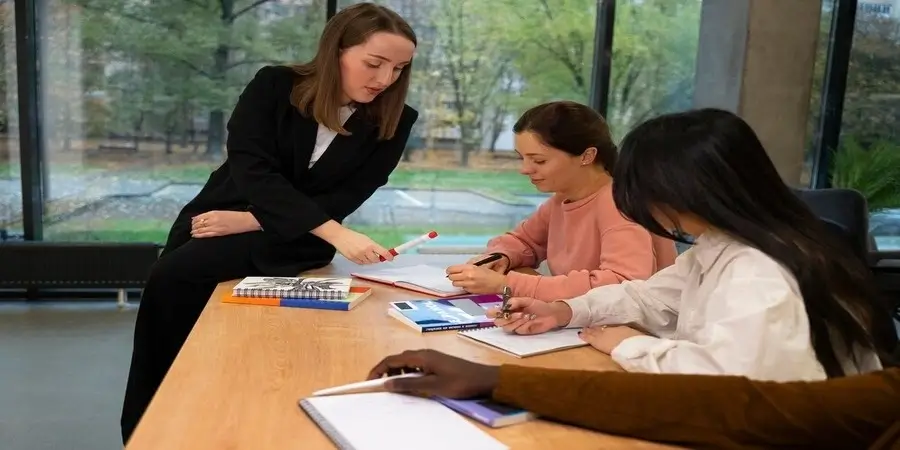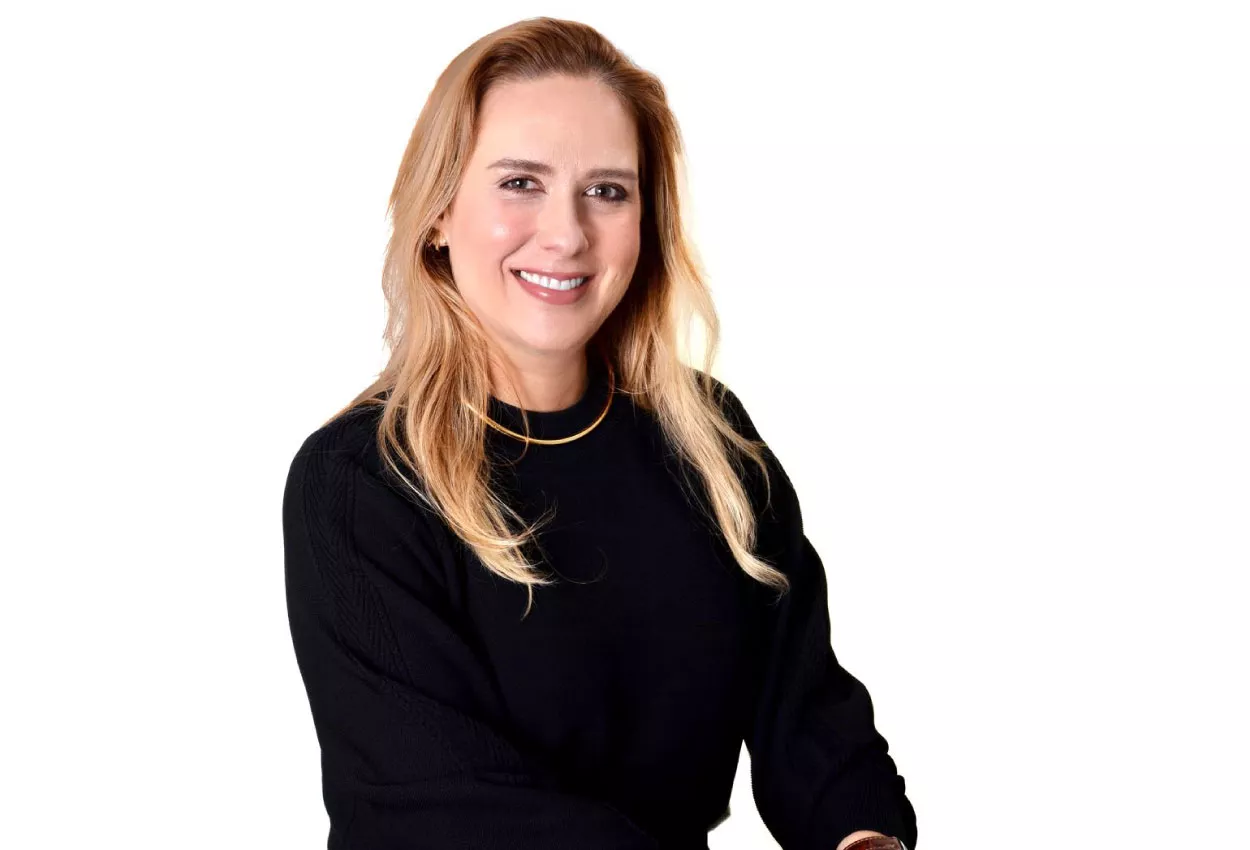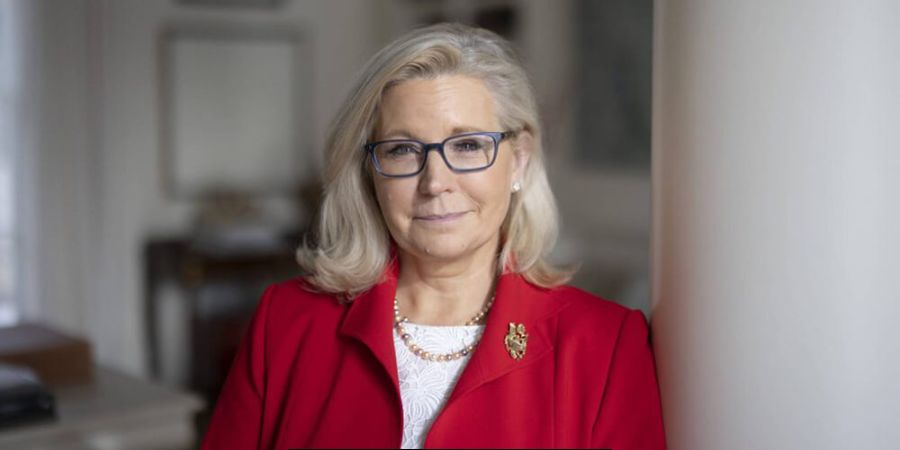In today’s world, financial literacy has become an essential skill for achieving personal and professional independence, particularly for women. Understanding how to manage money effectively empowers women to make informed decisions, pursue their goals, and secure their futures. Unfortunately, many women still face barriers to financial literacy, which can hinder their ability to thrive. This blog will explore the importance of financial literacy for women, the barriers they face, and practical steps to build a strong foundation for financial independence.
The Importance of Financial Literacy for Women
- Empowerment and Independence
Financial literacy equips women with the knowledge to make informed financial decisions. This empowerment allows women to take charge of their financial futures, whether they are single, married, or caretakers. - Economic Security
Understanding personal finance helps women create budgets, save for emergencies, invest wisely, and plan for retirement. This financial security is crucial for navigating life’s uncertainties. - Breaking the Cycle of Financial Dependence
By becoming financially literate, women can break free from dependency on partners or family members. This independence fosters confidence and enables women to pursue their dreams without limitations. - Building Wealth
Financial literacy is not just about managing expenses; it also involves understanding investments and wealth-building strategies. Women who grasp these concepts can build wealth over time, ensuring a comfortable lifestyle and financial freedom. - Navigating Financial Challenges
Women often face unique financial challenges, including wage gaps, career interruptions due to caregiving, and longer life expectancies. Being financially literate equips women to navigate these challenges effectively.
Barriers to Financial Literacy
Despite its importance, many women encounter barriers to achieving financial literacy:
- Lack of Education
Financial education is often not prioritized in schools, leaving many women feeling unprepared to manage their finances. - Cultural Norms and Stereotypes
Societal expectations can discourage women from taking an active role in financial decision-making, reinforcing the idea that financial matters are best left to men. - Limited Access to Resources
Women, especially those in marginalized communities, may have limited access to financial resources, workshops, and mentorship programs that foster financial literacy. - Fear and Anxiety
Many women feel intimidated by financial topics, leading to avoidance rather than engagement. This fear can prevent them from seeking help or education in finance.
Steps to Build Financial Literacy
Here are practical steps women can take to build their financial literacy and achieve independence:
- Educate Yourself
Start by seeking out resources that cater to different learning styles. Books, online courses, podcasts, and blogs focused on personal finance can provide valuable insights. Websites like Khan Academy and Investopedia offer free resources to get started. - Create a Budget
Develop a budget that tracks your income and expenses. This exercise helps identify spending habits and areas for improvement. Use budgeting apps or tools to simplify the process. - Set Financial Goals
Establish short-term and long-term financial goals. Whether it’s saving for a vacation, purchasing a home, or building a retirement fund, clear goals provide direction and motivation. - Learn About Investing
Understanding investment basics is crucial for building wealth. Research different investment options, such as stocks, bonds, mutual funds, and retirement accounts, to find what suits your financial goals. - Network and Seek Mentorship
Connect with others who have expertise in personal finance. Look for local workshops, online communities, or organizations focused on empowering women through financial education. Finding a mentor can provide guidance and encouragement. - Take Control of Your Financial Future
Regularly review your financial situation and make adjustments as needed. Stay informed about changes in financial laws, investment opportunities, and economic trends that may impact your finances. - Advocate for Financial Education
Support initiatives that promote financial literacy in schools and communities. Advocate for programs that target women, ensuring that future generations have access to essential financial knowledge.
Conclusion
Financial literacy is a vital tool for women seeking independence and empowerment in an increasingly complex world. By understanding personal finance, women can take control of their financial futures, break down barriers, and build a foundation for lasting economic security. The journey towards financial literacy may have its challenges, but the rewards—confidence, independence, and the ability to achieve one’s dreams—are worth the effort. By investing in their financial education, women can pave the way for a brighter, more secure future for themselves and generations to come.










